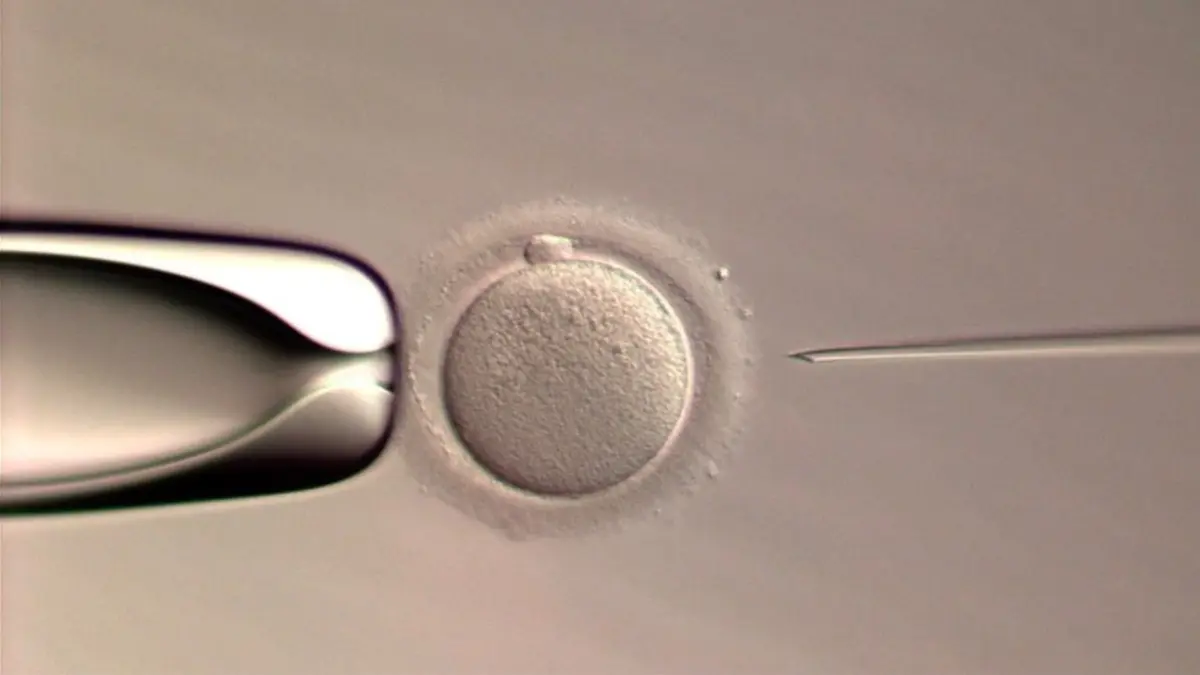Islamabad, April 11: In a groundbreaking advancement in fertility treatment, a baby has been born through a form of in vitro fertilization (IVF) that was largely conducted by a machine—marking what experts say is a global first in reproductive technology.
This innovation could revolutionize the way fertility procedures are conducted, significantly minimizing human error and fatigue.
Developed by New York-based biotech firm Conceivable Life Sciences, the system automated 23 critical stages of a procedure called intracytoplasmic sperm injection (ICSI).
While the entire process was overseen by a human operator via livestream, each step was executed by the machine at the press of a button.
Jacques Cohen, co-founder of Conceivable Life Sciences and a renowned figure in assisted reproduction, emphasized the advantages of this level of automation, noting that it may enhance outcomes by reducing the likelihood of mistakes associated with human involvement.
ICSI involves injecting a single sperm directly into an egg and is typically used in cases of male infertility. The procedure demands high precision and attention, which can be impacted by operator fatigue and human error.
For the pilot test, researchers worked with a couple facing infertility challenges. The male partner had sperm with low motility, while the female partner received donor eggs due to ovulatory complications.
Read More: How to Plan Your Vacations Easily by Using Google AI
Of the eight donor eggs used in the trial, five were fertilized using the automated ICSI method, while the remaining three were treated through traditional manual techniques. All fertilized eggs developed into embryos.
An AI model then assessed the embryos and selected the two most viable—both created by the machine-driven process. One of the selected embryos failed to implant, but the other led to a successful pregnancy and birth.
Joyce Harper, a professor of reproductive science at University College London, hailed the achievement as a promising “proof of concept.”
However, she stressed the need for extensive clinical trials to determine whether automated IVF offers superior results compared to conventional methods.
The system integrates artificial intelligence to identify optimal sperm based on visual indicators and uses laser technology to immobilize them prior to injection.
Also Read: OpenAI Countersues Elon Musk, Claims Allegations of Harassment
While it may not become mainstream immediately due to its high cost, Cohen believes expenses will decrease with further technological refinement and broader adoption.









